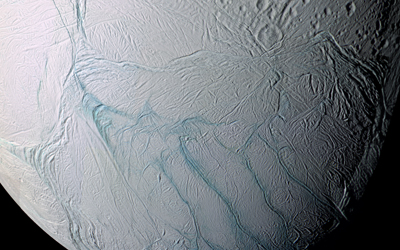Our department’s geophysics research explores the dynamic processes shaping planetary interiors, surfaces, and atmospheres, encompassing a wide array of fundamental phenomena from microscopic atomic interactions to global geological events.
We investigate the intricate connection between Earth’s surface processes and underlying geological forces. This includes examining how the thermodynamics of mantle materials affect convection patterns, thermal evolution, and possibly the biological development of our planet. Utilizing advanced 3D quantitative visualization techniques such as particle image velocimetry and thermometry, we analyze mantle plumes, their morphology, geochemical distributions, and dynamic evolution. Theoretical geophysical studies aim to comprehend planetary-scale processes through atomic-scale physics. Employing methods such as first-principles quantum mechanical theory, density functional theory, and advanced thermodynamic modeling, we investigate mineral physics, the properties of Earth and planetary fluids, high-pressure physics, and planetary structural and evolutionary processes.
We also investigate the mechanics of hydrological and glaciological systems—such as ice sheets, aquifers, and freshwater storage—and their interactions with the solid Earth. Using field campaigns, satellite geodesy, advanced data analysis, and modeling, we aim to understand how human activity and climate change affect these critical systems and how these changes influence natural hazards, including sea level rise, floods, land subsidence, landslides, and earthquakes.
Our experimental studies delve into the complexities of turbulence within planetary and stellar contexts. By conducting unique laboratory experiments, we reveal how rapidly rotating magnetoturbulence in Earth’s outer core and high-speed jet flows on gas giants generate observable hydrodynamic and magnetohydrodynamic phenomena such as vortices, zonal jets, and dynamo fields.
Seismological research in our department covers a broad range of topics, including structural seismology and various seismic phenomena. Our work in structural seismology is dedicated to understanding the internal structures of planets, notably Earth and Mars. By modeling seismic data, we reveal the interior structure and seismic activity of planets, and we uncover the deep links between surface tectonics and mantle deformation on Earth. Our recent studies include exploring the Martian crust and mantle composition, the structure, formation, and evolution of Earth’s oceanic plates, the mantle transition zone’s role in convection, and continental plate thicknesses. Another core research area focuses on seismic phenomena, including earthquakes of various magnitudes, tsunamis, volcanic activities, plate tectonics, and slow-slip events. Our multidisciplinary approach integrates observational data with theoretical modeling to advance earthquake science. We also actively develop techniques aimed at improving earthquake and tsunami early warning systems, utilizing seismic arrays and tsunami time reversal imaging methodologies. Moreover, our researchers explore mechanisms behind slow-slip phenomena, which occur independently or in relation to pre- and post-seismic activity, providing critical insights into the Earth’s seismic cycle.
Collectively, our geophysical research contributes profoundly to understanding planetary evolution, seismic risk mitigation, and Earth’s complex and dynamic internal systems.







